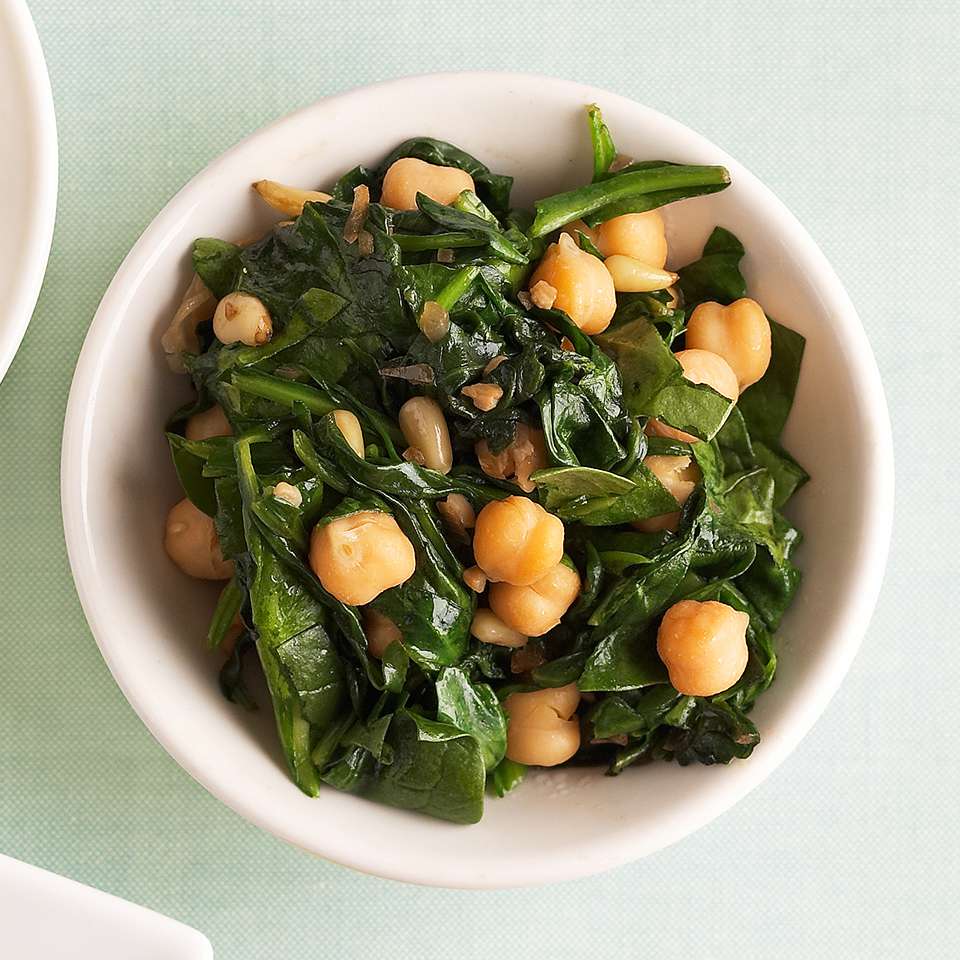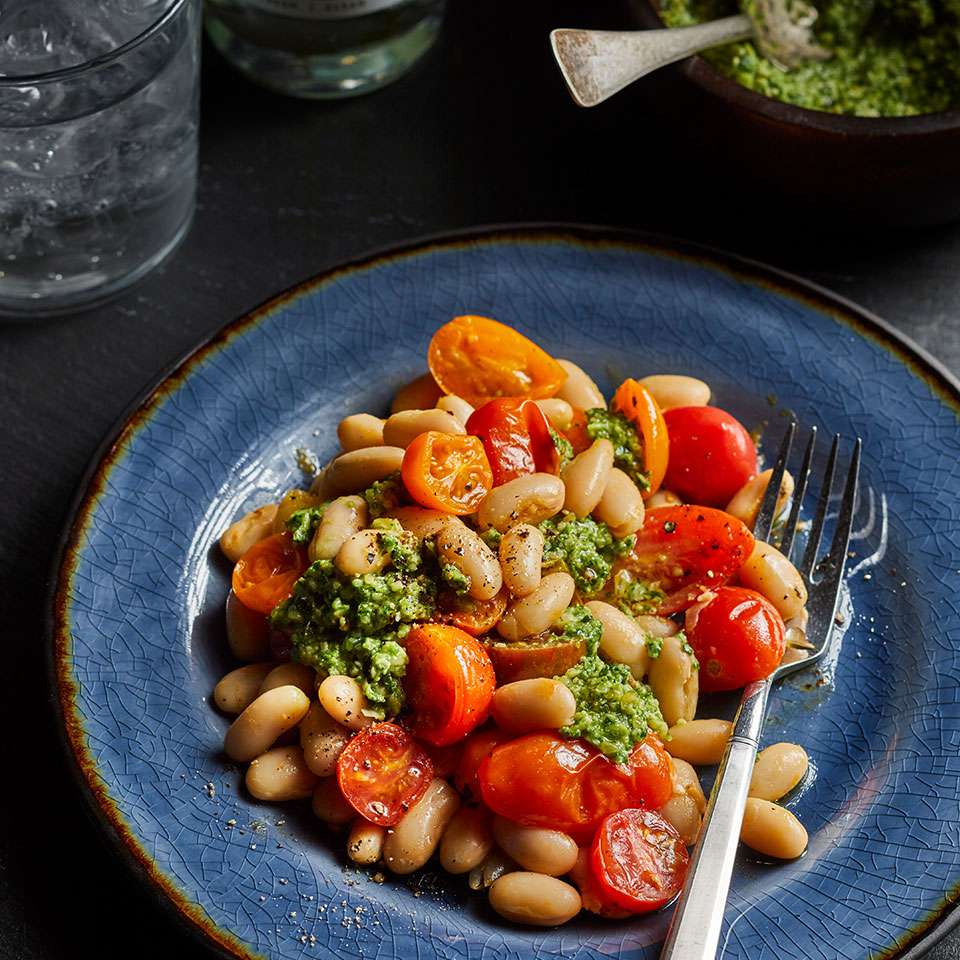What You Need To Know About Magnesium
Magnesium is a mineral naturally occuring in the body and is responsible for over 300 enzymatic reactions in the body. This powerful mineral helps to regulate blood pressure and heart rhythm to supporting nerve and energy production. and many more functions. Mild deficiencies tend to not have side effects but excessively low levels can lead to side effects such as: Nausea, fatigue and weakness to nerve pain and muscle contractions. People with gastrointestinal diseases (malabsorptive conditions), diabetes, kidney disease, alcoholism and aging are the most at risk for deficiency. Certain medications can also reduce absorption of magnesium in the body, such as diuretics and proton pump inhibitors. It is very important to note that magnesium supplementation can cause a build up in the blood and is not rnecessarily ecommended for people who have chronic kidney disease depending on status, but too little magnesium is not good for the kidneys either, so it is always very important to talk to your healthcare provider before you take any supplement. It is also important to note that magnesium can interfere with certain medications such as nifedipine (Adalat, Procardia), verapamil (Calan, Isoptin, Veralen), diltiazem (Cardizem), isradipine (DynaCirc), felodipine (plendil), amlodipine (Norvasc) and can interfere with absorption of antibiotics, statins, thyroid medication and anti diabetic medications.
Magnesium is naturally occuring in many foods. Good sources of magnesium include: Dark leafy greens, nuts, beans, avocado and seeds, and yogurt to name a few. It is also added to fortified foods such as cereal and grains. In supplemental form, there can be side effect: Stomach upset, bloat, gas and diarrhea. There are many forms of magnesium supplements and it can be confusing to know which one to choose. Here are some benefits of the most common forms:
- Magnesium Oxide: This form is the least bioavailable, but still has benefit. It is most commonly used for heartburn, reflux, prevention of kidney stones and migraine.
- Magnesium Citrate: Best for constipation and is one of the more gentle forms of magnesium. This form can also support better sleep. It is best to take this on an empty stomach at least 1 hour before or 2 hours after a meal.
- Magnesium Taurate: Studies have shown that this form can have antihypertensive (blood pressure) and heart benefits. it can also help to stabilize blood sugar levels.
- Magnesium L-Threonate: Has potential brain benefits and can positively affect mood. It can also potentially improve cognitive function and protect the brain.
- Magnesium Malate: Can improve exercise/muscle performance, reduce fatigue and reduce chronic pain.
- Magnesium Glycinate: Is the most all around of the supplements. It can aid with sleep, stabilize blood glucose levels and blood pressure, bone health, and mood.
Never buy a generic supplement. Look for trusted brands, preferably that have a USP, consumer labs or NSF International on the label. It is not necessary to take a magnesium supplement unless you are deficient, but if you feel you are not getting enough magnesium from food or you would like more support, the average dosage is 320 mg for women and 420 mg for men. It is also very important to talk to a medical professional before you take a magnesium supplement.
Spinach and Garbanzo Beans
This is no ordinary wilted spinach recipe–it’s dressed up with shallot, pine nuts, and garbanzo beans for a tasty side dish for meat or chicken.
Recipe Summary
Ingredients
-
Directions
Nutrition Facts
1/2 cup
What You Can Do For a Longer Life
A new study published in the journal Cell researched both animal and human studies to find keys to a longer, healthier life through diet and nutrition. There is no one size fits all approach to living longer and healthier, but there are definitly basic principals that everyone can adopt to improve quality of life over time. The basic outcome of this research is a mid to high carbohydrate (complex carbs only) and low, but sufficient protein intake that is mostly plant based but includes regular consumption of fish and vegetarian derived proteins is optimal. This is very similar to research done in the Blue Zone studies. A low but sufficient protein diet or a normal protein intake with high legume consumption contributes to the reduction in the levels of pro-aging blood markers such as Insulin. A fat consumption providing about 30% of energy mostly from plant-based and pro-longevity sources is also part of the longevity diet. This protocol would also include a 12–13 hour daily fasting period that has been shown to be safe, feasible, and effective in many studies. The periodic use of a fasting mimicking diet in those age 18 to 70 may be key in reversing the insulin resistance generated by a high-calorie diet. How does this translate?
- Consume only complex carbs and reduced white refined carbs. always read labels to make sure the grains you are consuming are actually whole and do not contain bleached, refined white carbohydrates.
- Reduce consumption of packaged foods. The more whole foods you consume, the better.
- Incorporate more beans into your diet. Shoot for at least one day a week that is plant based only.
- Increase consumption of vegetables and fruits. 8-11 is optimal. a serving of vegetables os 1 cup raw or 1/2 cup cooked. A serving of fruit is 1/2 cup or one small whole fruit (such as an apple).
- Add fish 2-3times per week and eliminate red meat (that includes pork).
- Incorpotae healthy fats such as avocado, nuts, seeds and olive oil.
It is important to note that everyones needs are different as we age, especially those 65 and older, some of our nutritional needs change, especially protein. Never alter your diet without consulting your healthcare provider or RD as this can cause fraility and harm. Food is power and we should harness the benefits to improve quality of life.
White Beans & Tomatoes with Kale Pesto
White beans are full of fiber and protein, both of which help slow digestion and curb blood sugar spikes. Canned beans are both easy to use and inexpensive–a win-win!





